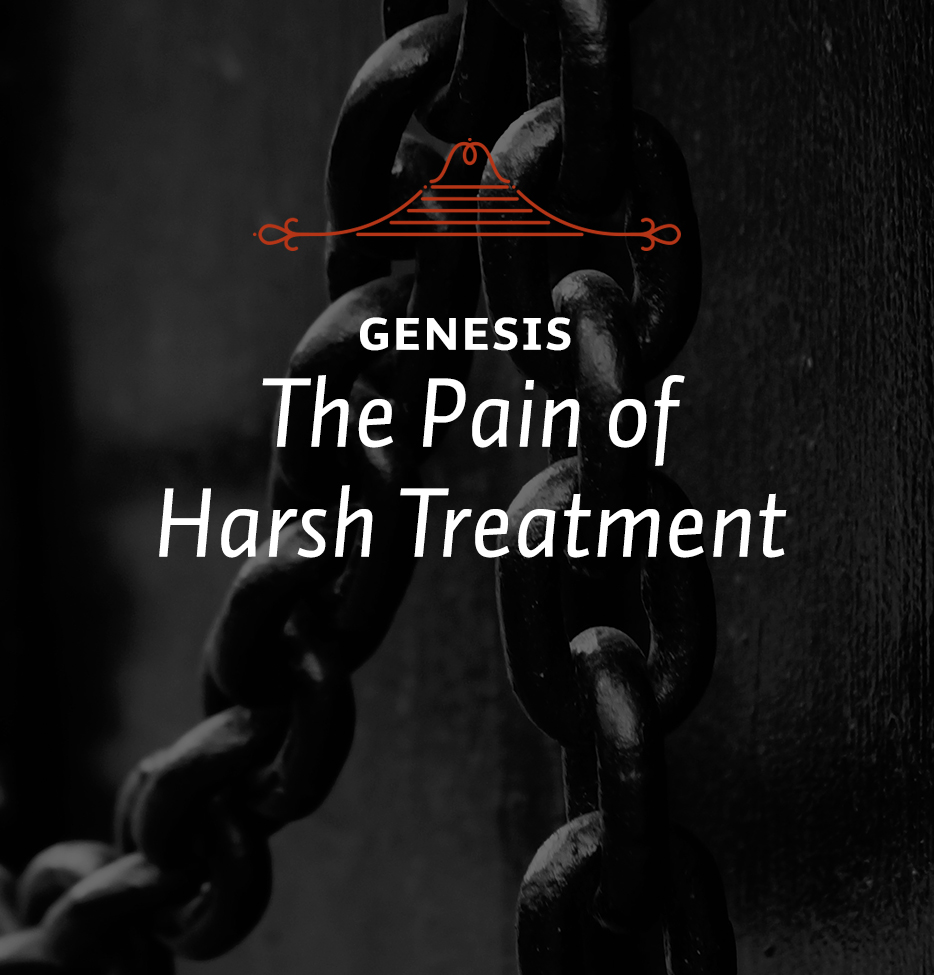At the end of the last study on God’s use of want to awaken the consciences of Joseph’s brothers, I told the story of the Prodigal Son, who was awakened to his deplorable state by hunger while in a far country. As Jesus told the story, the young man “came to his senses” and said, “How many of my father’s hired men have food to spare, and here I am starving to death! I will set out and go back to my father and say to him: Father, I have sinned against heaven and against you. I am no longer worthy to be called your son.” The remarkable thing is that he actually did what he said he would do. He “got up and went to his father” and confessed his sin (Luke 15:17-21).
This is what the pinch of want should do to us, if God sends it. It should awaken us to our condition and cause us to confess our unconfessed sin. Unfortunately, as we know, physical want does not always have this effect, and God often has to apply harsher treatment.
God was now to do this with Joseph’s older brothers. They had been guilty of a great sin in having sold their younger brother Joseph into slavery. But although they had not been entirely successful in suppressing the memory of this great wickedness—whenever Joseph’s name or the name of the country into which he had been sold was mentioned they could be seen casting furtive, guilty glances at one another (Gen. 42:1)—they had nevertheless suppressed the memory enough so that it was going to take a very harsh and prolonged treatment to elicit a confession. Without the pinch of physical want they would never have gone down to Egypt. Even then they would have gone anywhere else first, if there had been hope of finding food anywhere other than in Egypt. But even having been forced down to Egypt by the famine, they would still never have confessed their sin if God had not used an increasingly hard collection of devices to tighten His grip on them and force their confession to the surface.
The second of these devices, after the pinch of physical want, was the pain of harsh treatment at the hands of Joseph. Before long this was to become harsh treatment of a physical sort; all of them were cast into prison, and one of them, Simeon, was kept in prison. But at the beginning this harsh treatment was merely in the form of words. The story tells us that when the brothers came down to Egypt to buy grain Joseph “recognized them, . . . pretended to be a stranger and spoke harshly to them” (Gen. 42:6-7).
“What is so bad about that?” someone asks. “After all, it was just words; words couldn’t hurt them. Don’t you remember the little childhood jingle: “Sticks and stones may break my bones, but words can never hurt me”?
I think that of all the untruths that are foisted off on children this one about “words never hurting” is perhaps the most unjustified and vicious. It is not that sticks and stones do not hurt. They do. Physical abuse—we can add material want as the result of famine—does hurt us. But it does not hurt nearly so much as harsh words. We can starve to the point of severe malnutrition and recover, and we can almost forget the past hunger. But words? Harsh words that have been spoken to us are never forgotten. Words cut deeper than any sword, and we usually carry the wounds of words with us to our graves.






